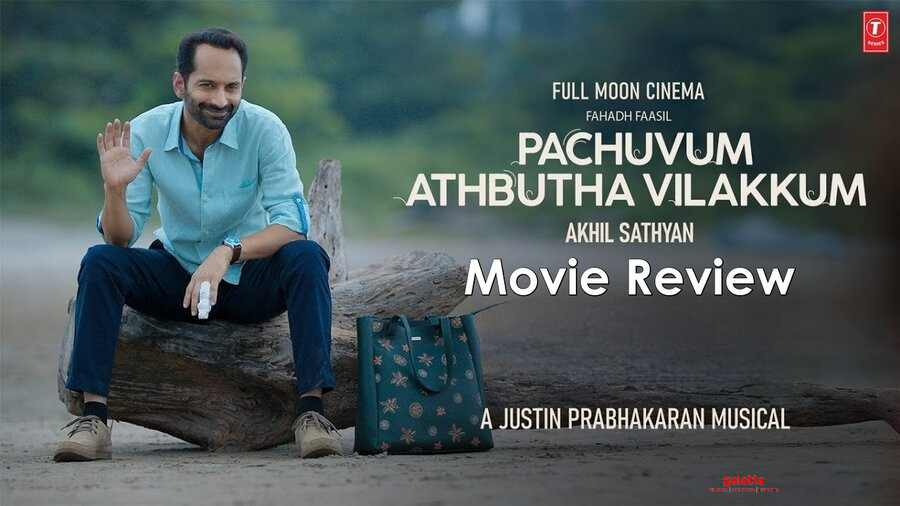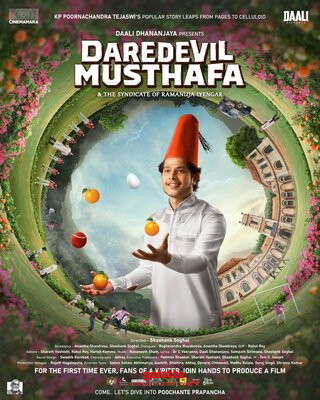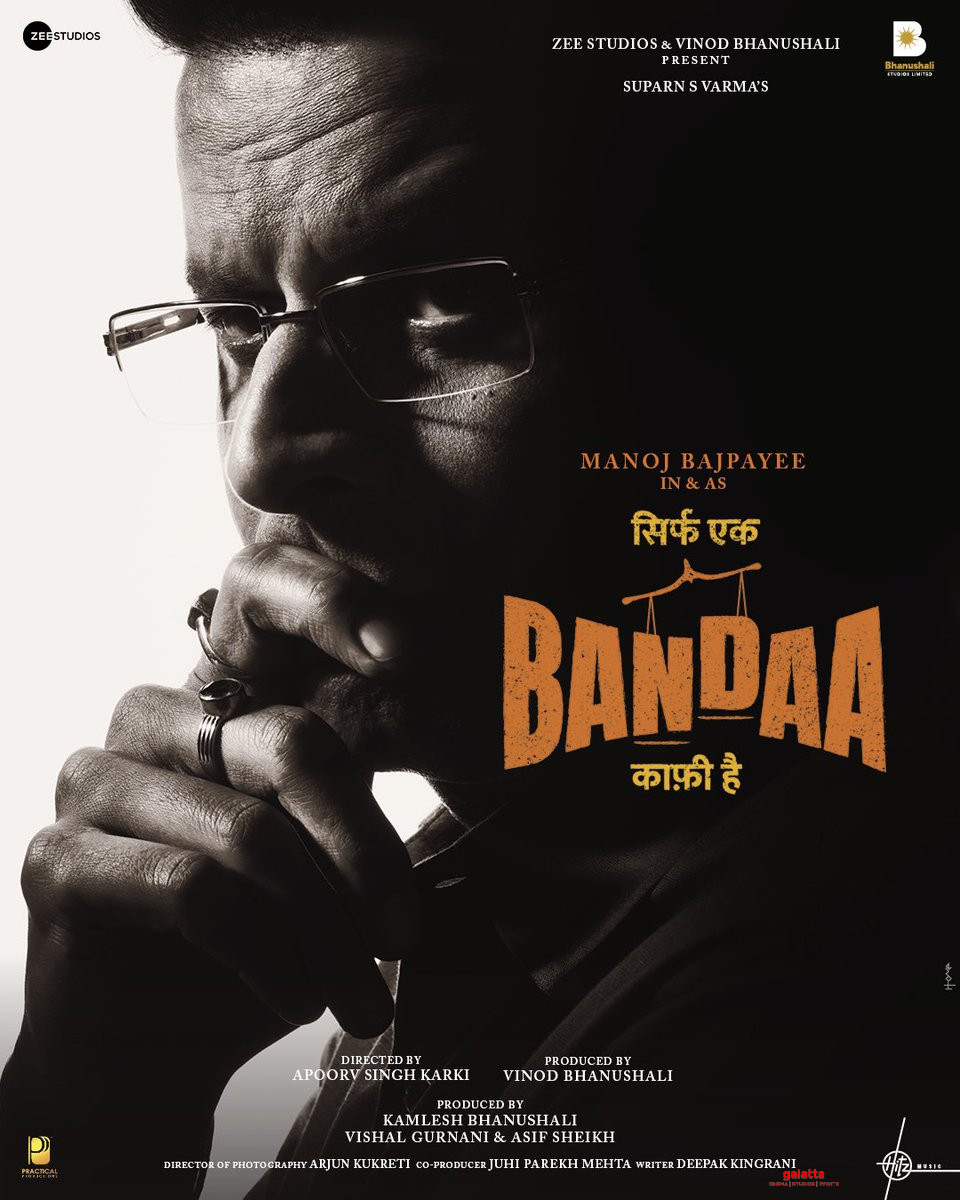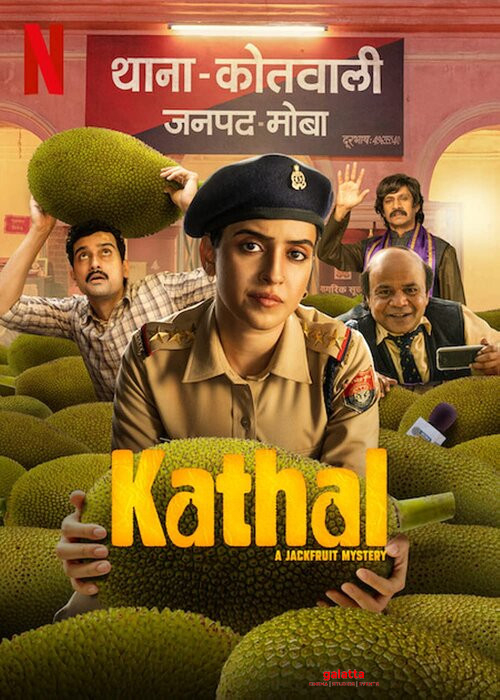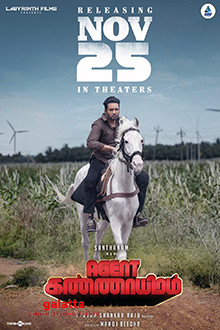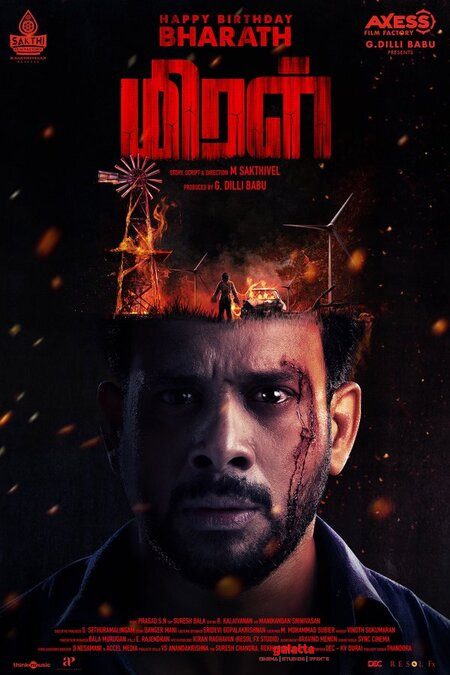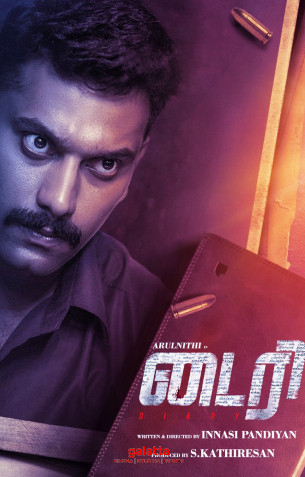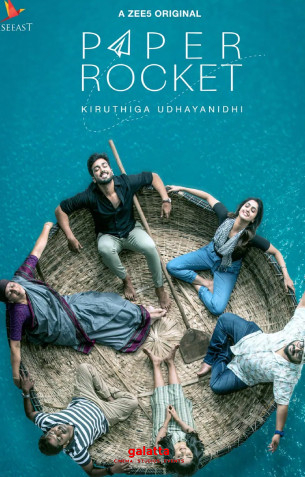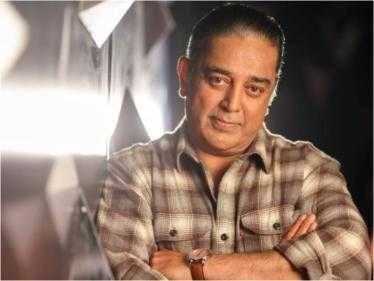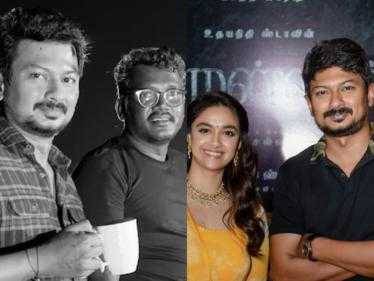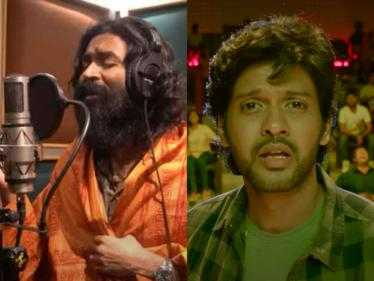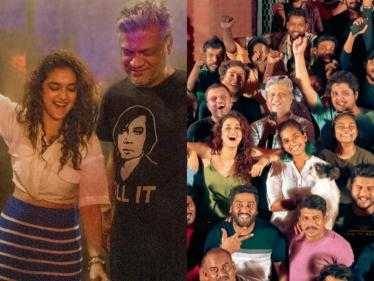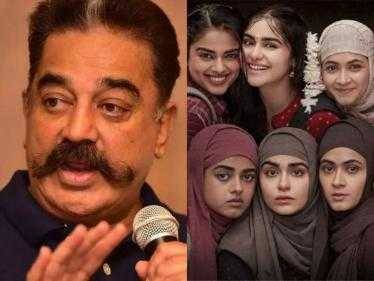Pachuvum Athbutha Vilakkum Movie Cast & Crew
In Vinodayathra, a flawed but essentially good-natured man learns a bunch of life lessons from the people around him. In Jomonte Suvisheshangal, a flawed but essentially good-natured man learns a bunch of life lessons from the people around him. In Njan Prakashan, a flawed but essentially good-natured man learns a bunch of life lessons from the people around him. Like it or leave it – I am on the "like it" side – that's the Sathyan Anthikad template, and his son, Akhil makes his debut with Pachuvum Athbuthavilakkum, the story of… a flawed but essentially good-natured man who learns a bunch of life lessons from the people around him. Why do the same stories – at least the same story templates – keep drawing us in? I can't speak for everyone, but these variations on a theme speak to me because I, too, am flawed though good-natured. (I hope! I hope!)
Perhaps I see a younger version of myself in these characters – I don't want to call them "leading men" – and I suspect many people will. Fahadh Faasil plays Pachu, and the magic lamp of the title is not something that gives him material riches but something that bestows him with human treasures. That "athbutha vilakku'' is life itself, which the writer-director treats like a sprawling journey filled with many, many detours and stops and fellow-travellers. Some might say that this three-hour film seems to be filled with "unnecessary" characters, but pay close attention and you will see – for instance – the reason a long stretch with the boy who wakes up early and delivers newspapers over the opening credits, as Justin Prabhakaran's beautiful motivational song, 'Chalte raho', plays on the soundtrack. He is what someone would become without an education, and his sister wants to study. We aren't explicitly told about this brother-sister bond, but the geography of their house is so distinct – with its unique staircase – that we know they belong to the same household.
Pachu runs an Ayurveda shop in Mumbai, and even this system of ancient medicine becomes a "character": late in the film, Pachu refers to a kind of massage that leaves you temporarily drained but makes you feel refreshed a few days later. Pachu, similarly, has been pummelled by a series of events, but a little later, he emerges stronger – strong enough to stop being self-centred and think about other people. One of these people is a young girl, whose higher education is at stake because her penniless family wants her to work menial jobs and make money. The question is not whether Pachu saves her. That is a given. The real issue is that, when Pachu sets out to save her and ends up surrounded by her people in a maze-like locality, she takes his hand and leads him out. She declares her cry of independence instead of Pachu having to give a lecture on her behalf.
And even better, the real "saviour" of this moment is an old man (the great Mohan Agashe) whose mere look can reduce people to fear. It's a super "mass" moment that plays out in complete silence. Many people in the big cast – like Mohan Agashe, or Indrans, or the late Innocent, or Ahaana Krishna, or the actor who plays that newspaper boy – may only be seen briefly, but their scenes count. Their scenes add up to the "life" that becomes Pachu's "magic lamp". Take the Malayali assistant who Pachu has brought to Mumbai to help with the shop. This young man's existence makes Pachu lazy, as he does not have to be at the shop all day. As a pure narrative device, this man performs three functions: he shows us a facet of Pachu's character (including the fact that Pachu used to be a chauvinist), he infuses comedy through his inability to speak Hindi, and his presence at the shop allows Pachu to take off to Kerala, which gets the ball rolling in terms of the story.
The film is not perfect. Some jokes land, like the one involving a man urinating on a compound wall or the one involving pepper spray. Some other jokes try too hard. There are some odd touches, like the fact that Pachu is 34 years old and he has met 34 prospective brides to no avail. And for a while, I kept wondering if so much detailing was necessary. Why not cut to the chase sooner? But then the design clicked and I settled down. If a long scene around a fish meal had not occurred, Pachu would not have had to stay back in Kerala, and if he had not stayed back, he would not have been entrusted with an important task. And if that task had not happened, he would not have met Hamsadhwani (Anjana Jayaprakash). And if her (unseen) roommate had not been a travel vlogger, he might have not been able to stay in her house. But this is not a love story. One of the nicest things is that Pachu's mother wants him to find a girl. By the end, he does "find a girl" and it's not the girl you expect.
Even the broad-stroke, old-fashioned touches mostly work. Vineeth plays a very rich man who has his grey shades, but a story from when he was a child shows us how generous he used to be and how growing up can make us shrink inside. Sometimes, the more we have, the more we want, the less willing we become to share. At first, we think this character has a certain kind of relationship with his mother, but slowly, we see a different shade. Is this sentimental? Yes, of course. But it's a good kind of sentimentality – something that is built up to and not dropped on us like a brick, in order to squeeze a few easy tears from us. For a large part, Akhil Sathyan doesn't spoon-feed the audience. He drops a hint that Hamsadhwani has suffered some personal trauma, and only later do we see what it is. I liked it that we learn the nickname of a character before we learn his name, and the scene containing this revelation is beautiful. Suddenly, we realise why this seaside location is this woman's favourite spot. We also realise that tragedies won't leave us unless we let those memories go.
I wished some characters had gotten a better sense of closure, like the kid going to Sabarimala. I wished some characters had been written better, like the toxic boyfriend. But the only real problem I had with Pachuvum Athbuthavilakkum is the background score. The film has the offbeat and somewhat minimalist rhythms of a documentary and the cutesy score keeps underlining every emotion and tries too hard to over-emphasise each scene. This undermines the hard work of the actors. Fahadh shows us how a thinking performer can freshen up a familiar role, but the film belongs to three women from three generations: Anjana Jayaprakash, Viji Venkatesh as the older woman who kicks the plot into motion, and young Dhwani Rajesh, whose "educate the girl child" subplot is treated humanistically and (thankfully) not hammered home as a message. The film's real "message", for me, is that life is a meandering journey, as strange as something from the Arabian Nights, and at least in the Anthikad-family films, there's always a magic lamp waiting around the corner.
